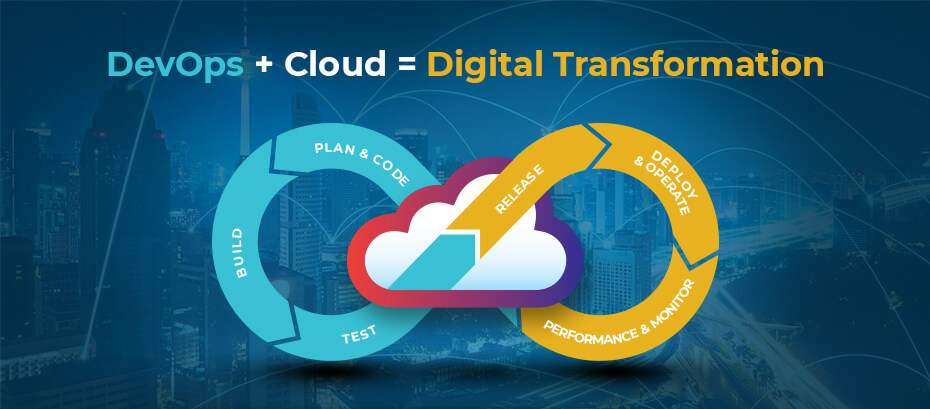
What is DevOps and Top 10 Benefits Of Using DevOps

We can define DevOps as the methodology which aids an organization in the development and delivery of applications at a rapid pace. Thus, this gives an organization the necessary edge over those who keep using erstwhile software development practices. That said, DevOps is regarded as the most potent resource for quality delivery of services to the end customers.
This write-up aims to explore the morphology of DevOps in detail with a few glimpses of cloud DevOps and a holistic coverage of working, benefits, and best practices of this domain.
The working of DevOps
First things first, the DevOps model bridges the isolation between the development and isolation teams. In this way, the lifecycle of this model witnesses an integration between the knowledge engineering wing right from the stage of development to deployment. In addition to this, the security team assumes the centre stage when it comes to cloud DevOps.
The first task on hand is automation that has traditionally witnessed a historic ebb. By virtue of technological stack and toolkit, development and operationalization of applications takes place at a brisk pace. This is followed by quick deployment and provisioning, thereby exemplifying the speed at which the process works.
Plethora of benefits
The benefits that DevOps brings to the table are innumerable. We strive to mention the important ones here.
1. Boosting up the speed
It is important to transform at a faster speed so that an innovative ecosystem is created where customers get an immersive experience. The DevOps model is responsible for creation of such an ecosystem where microservices vest the control in the hands of operating teams enabling them to deliver updates at a greater pace.
2.Faster and continuous delivery
Faster and continuous delivery is dependent on the frequency and duration of new releases of products. The ability to add new features and fix bugs is what culminates into ultimate customer satisfaction.
3.The notion of reliability
The notion of reliability depends on the quality of application software and the related infrastructure that can be delivered at the appropriate time to lend a positive experience to customers.
4.Upscaling infrastructure services
The upscaling of all the infrastructure services and development processes enables the maintenance, testing and production of nouveau products in an efficient way.
5.Refining the security shield
It is important to adopt a model which does not compromise on security aspects and adheres to compliance requirements, objective controls and configuration management procedures.
6.Glimpses of DevOps best practices
Following is the list of DevOps best practices:
7.The logic of continuous integration
The logic of carrying out continuous integration is to fix bugs, develop quantitative software packages and validate new software updates. In this practice, we keep on merging the changes in a particular code into a repository where from the automated testing happens.
8.The art of continuous delivery
It is a type of software development process. Hhere alterations in a particular code are tested and released for production with much time delay. This enables the creation of a ready made artifact in advance that makes continuous delivery of cloud DevOps happen.
9.A gist of microservices
As the name signifies, micro-services is a cluster of small services combined in a single application. The beauty of the micro-services platform is that communication is ensured not only within the channel. But it also across the channel with other services. Usually, an HTTP-based API lays down the platform for this communication.
10.The code of infrastructure
In this type of practice, we aim to provision infrastructure and manage the same by virtue of a code. This provides an amenable medium to programmers to interact with infrastructure services with the help of a code. This is advantageous as the task of establishing a manual setup to control various resources associated with the infrastructure is avoided in its entirety. It is by virtue of a code based treatment that various amendments can be remotely made in various infrastructure settings. This is indeed where the benefits of cloud DevOps are experienced at their best.
Thus, apart from configuration management, the benefits of DevOps include monitoring of metrics by organizations and collaboration in terms of workflow and operations.
Concluding remarks The article provides a complete landscape view of working, benefits, and best practices of DevOps. In addition to this, the article runs into the details of delivery, infrastructure, and microservices related to DevOps as well. Nevertheless, we recognize that the pace of technological evolution has forced sapiens to think beyond mere rapid delivery of services via applications. As such, we are looking at the option of remote delivery, development, and dispatch of applications in near future.